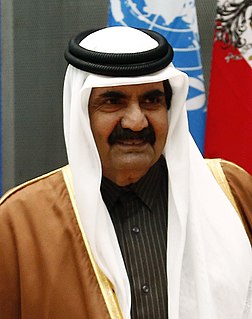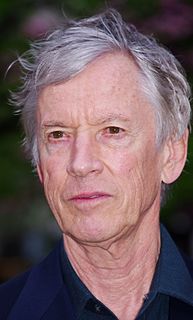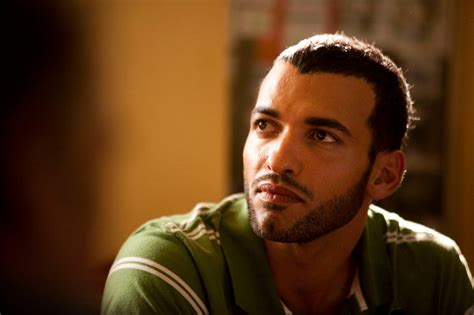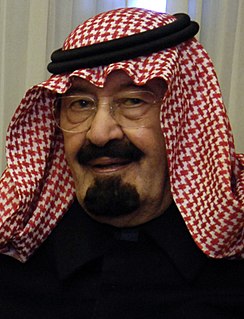A Quote by Hamad bin Khalifa Al Thani
We in the Middle East like to talk politics, we like to argue. Just look at the three prophets - Moses, Jesus and Mohammad. They are all from this small region which creates problems all the time.
Related Quotes
Damon Lindelof said, "There are three kinds of prophets - crazy people, like the Guilty Remnant, false prophets, who just want money, sexy and power and use that to get it, and real prophets - and you're a real prophet in 'The Leftovers'. The voices that speak to you never tell you a lie." And I said, "Name me some real prophets." He said, "Buddha, Jesus and Muhammad." I said, "Which one am I?" And he said, "None of them. You're probably closer to Moses than anyone."
Moses led his people through the wilderness and he wasn't permitted to enter the Promised Land. Jesus was crucified. Mohammad founded a state which soon became an empire, so that Islam from the very beginning is involved with government, with politics. And therefore there is a very clear strong political tradition in Islam.
There's kind of a hidden point which isn't being brought out, and that is that it is inconceivable that the U.S. would permit democracy in the Middle East, and for a very simple reason. Just take a look at polls of Arab public opinion. They exist. You can't find them in the press, but they exist from prestigious polling agencies. Released by major institutions. And what they show is that if there was democracy in the Middle East, the entire U.S. program for domination of the Middle East would be down the tube.
America is the only superpower. But our leadership is being tested in the Middle East, and some of the things that we have done in the Middle East are contributing to a potential explosion region-wide. And if that explosion gets out of hand, we may end up being bogged down for many years to come in a conflict that will be profoundly damaging to our capacity to exercise our power, to address the problems implicit in this global awakening, and we may face a world in which much of the world turns away from us, seeks its own equilibrium, but probably slides into a growing chaos.
In the Bible and Holy Qur'an, God shows us through the life of His prophets and messengers that none of them came into the world to do their work without severe opposition against them. That was with Abraham, Noah, Lot, Moses, Jesus and Muhammad, peace be upon them all and all the prophets and messengers in between. That is our role today.
I don't think losing things - in my case, the use of my legs - really damages or hurts you. What hurts people a lot is taking humiliation. A lot of the wars going on right now in the Middle East aren't about poverty and exploitation. They're about humiliation. For a long time, the British and French have been humiliating the people of the Middle East, and encouraging people like Israel to do the same. Israel started out as a socialist state, but we always encouraged them to become rather racist and look down on the local inhabitants, which they now do. It's sad that's happened.






































